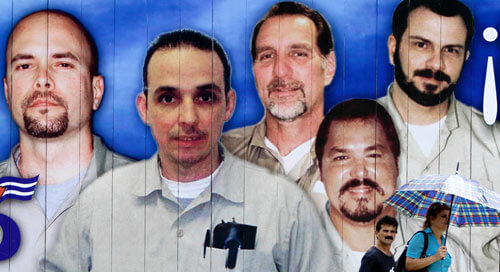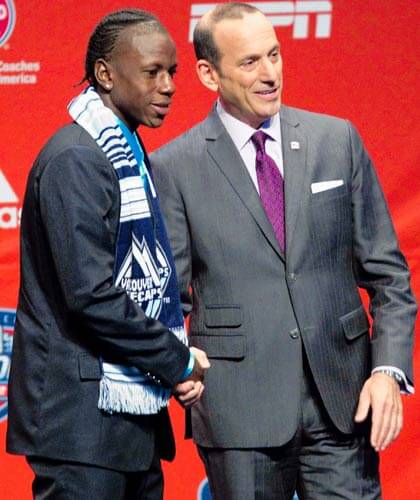Albeit with the high court’s infamous Citizens United decision the claim has become quite a bit more hollow, but Americans continue to herald this country as one of the foremost bastions of democracy. Despite the undeniable influence big money has come to exert on the never-ending tug-of-war that is government and politics, there’s general agreement today, surely, with Benjamin Franklin’s retort all those years ago to the idea of imperial rule, when he said: “In America, the people govern.” How much, though, are the people really governing? Elected representatives of the people are ideally tasked to do as their designation suggests, namely, faithfully represent vox populi. The extent to which the people’s representatives do precisely the opposite should be worrisome to all those who would stand behind Franklin’s proud boast as undying truth.
Simultaneous developments this week on two foreign policy fronts highlighted again the chasm too many elected representatives seem determined to maintain between the minority view and vested interests to which they’re beholden and majority sentiment among the population. Polling indicates that both the resumption of formal diplomatic relations between the U.S. and Cuba and reaching an agreement with Iran that stymies its nuclear weapons ambitions enjoy majority support among Americans. Where many “representatives” of the people are concerned, such support is evidently good for squat, as President Obama has been lambasted, mostly by Republicans, for initiating a major shift in U.S.-Cuba policy and for any attempt at negotiations with Iran.
If we want to be candid, of course, and call it the way it’s been throughout this presidency, hardly would there have been an expectation of backing for anything associated with Barack Obama from forces on the right, including elected politicians stridently misrepresenting the popular view. But the built-in animosity toward Obama aside, we’re not convinced the response would have been different from that side of the fence if another Democratic president had proposed acknowledging that 50 years of trying to isolate Cuba had failed and a new direction was called for, or that the only alternative to reaching a negotiated settlement with Iran, following punishing sanctions imposed by the U.S. and allies, was committing American troops to a protracted war with Iran. That military option, with its dire consequences of American personnel killed or maimed in combat, doesn’t give pause to hawkish maniacs like Lindsey Graham and John McCain, whose instantaneous thumbs-up for rolling out the military hardware is assured, never mind how most of the country feels.
An ABC News poll on the Iran question found 56 percent support for trying for a negotiated settlement with Iran; 37 percent opposed to doing so. Such majority support came through, even with the survey registering doubts about Iran’s trustworthiness, evidently reflecting the people’s unwillingness to regard armed conflict as anything but the last-resort option it deserves to be. On turning the page with Cuba, there was 58 percent approval for making this move, with only 24 percent opposed, according to a CBS News poll. God forbid the president would have taken both those actions with the poll numbers reversed!
Perhaps the mother of all misrepresentation-of-the-people travesties we’ve seen is what has played out in the sick love affair this society has with guns, combined with the outsize influence of the gun industry and its proxies in the NRA. One poll finding suffices as a measure of the contempt shown for people by the gun industry / NRA tandem. Poised for the fiercest hand-to-hand combat, one would expect no quarter given by the overlords of the gun world on a hard-nosed reform proposal like a ban on semi-automatic assault rifles. But when these so-called gun rights defenders bare their fangs in opposition to a common-sense, no-brainer provision like universal background checks for gun purchases — a provision which has registered 90 percent popular support, including among gun owners — we clearly are being treated to a classic case of inmates running the asylum.
Because an embarrassing blowhard has just about hijacked their unwieldy primary campaign process, many of the players on the GOP side aren’t getting the kind of platform opportunity they would like for regaling us with those outlandish, outside-the-mainstream positions, of which they have lots to go around. The aforementioned Graham is being denied talking space to do his super-hawk thing and let us know how ready he would be to inject American combat troops into any dust-up anywhere around the world (“the Neville Chamberlain of our time,” he recently called President Obama). Or Scott Walker, the Wisconsin governor and presidential wannabe, isn’t getting the play he must think he deserves to sound off again on how “lame” is the concept of a minimum wage. And there’s so much more where those come from.
Really, by what stretch of the imagination does the expression “representative of the people” apply to such characters?

























